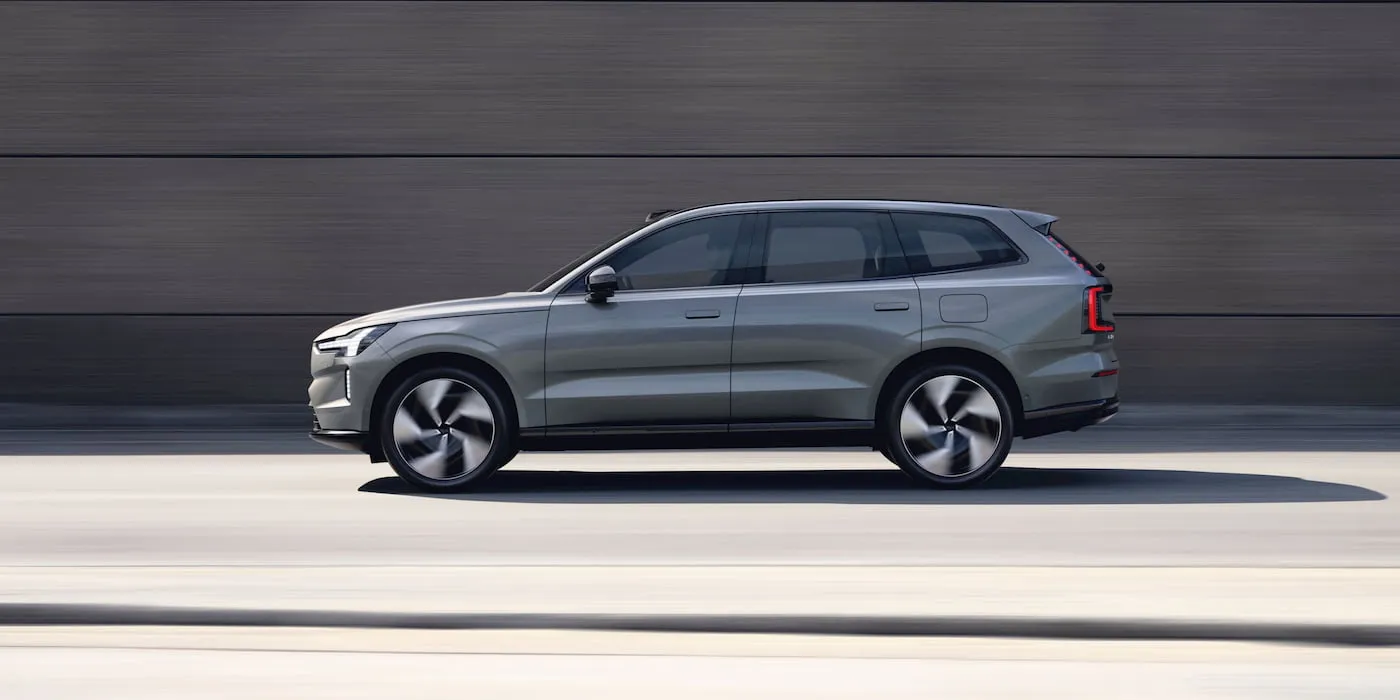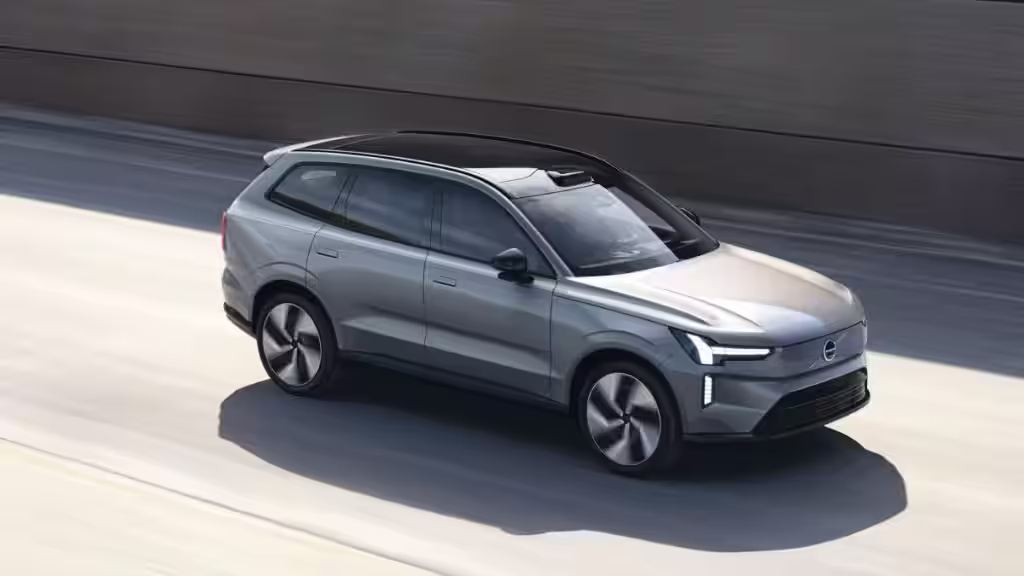Volvo Cars will introduce the world’s first EV battery passport for its new EX90 SUV. This passport will show where the raw materials come from, how the components are made, and other details about the carbon footprint and recycled parts. The Swedish company, owned by China’s Geely, worked on this with a UK startup called Circulor. They used blockchain technology, a kind of secure digital record-keeping, to track everything. It took them over five years to make this passport.
In the European Union, all electric cars sold after February 2027 must have a battery passport. It’s like a report card for the battery, showing what it’s made of, where the materials come from, and if any parts are recycled. Volvo wants to be ahead of the game, so they’re doing it early.
Volvo’s global sustainability head, Vanessa Butani, said they want to be open with their customers. They plan to make only electric cars by 2030, so they’re starting with this passport for their EX90 SUV. This SUV will be made in South Carolina and sent to Europe and North America later this year.

If you buy a Volvo, you can check a simpler version of this passport with a QR code on the driver’s door. Butani said they will eventually have this passport for all Volvo electric cars. The full version will also go to regulators. It will even show how healthy the battery is over time, which is important for figuring out its value later on.
Circulor’s CEO, Douglas Johnson-Poensgen, said their system follows the battery’s journey from the mine to the car. It checks how much energy suppliers use and where it comes from to calculate the carbon footprint. If Volvo adds a new supplier, Circulor will need to check them out too.
Volvo has teamed up with Circulor, along with Jaguar Land Rover and BHP, one of the world’s biggest mining companies. Johnson-Poensgen said other carmakers are interested too, especially in the US, where they might need this to get subsidies for electric cars.
Creating these battery passports is a big job, and many carmakers might struggle to finish in time for the EU’s deadline in 2027.

